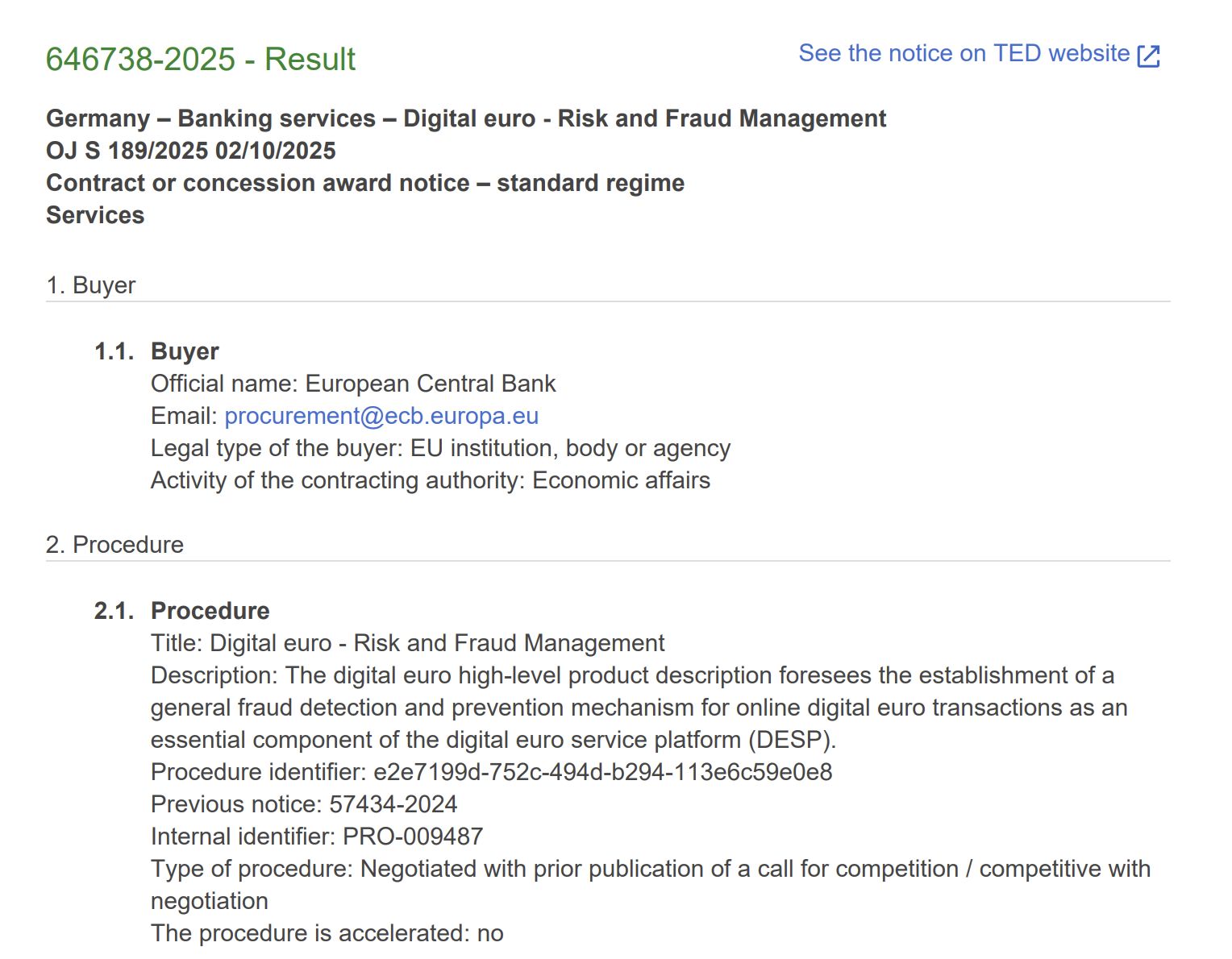News
Stay up to date on the latest crypto trends with our expert, in-depth coverage.
1Bitget Daily Digest(October 24)|Ethereum achieves real-time L1 block proof; Solmate surges 40% after $300M financing; Stable’s $825M pre-deposit raises insider concerns2Bitcoin falls below $115,000—is this a delayed reaction to the sale of 80,000 BTC?3Research Report|In-Depth Analysis and Market Cap of aPriori (APR)

Bitcoin reaches $119,000 milestone
Cryptobriefing·2025/10/02 21:03

Solana Breakout Above $205 With Rising Futures Interest Could Signal Rally Toward $320–$360
Coinotag·2025/10/02 20:57

BNB Could Drive Uptober Momentum, Eyes $1,480 Target as Traders Watch $992 Support
Coinotag·2025/10/02 20:57


SOL Point Toward Higher Fibonacci Extensions After Bullish Retest With a 4% Daily Gain
Cryptonewsland·2025/10/02 20:42

XRP Eyes $3.13 Breakout With Targets Toward $4.40 Amid Tight Range
Cryptonewsland·2025/10/02 20:42

CLASH Surges Over 300% in a Week, Approaches Key Resistance With Strong V-Shaped Recovery
Cryptonewsland·2025/10/02 20:42

XRP Targets $4 After Pennant Breakout as Traders Watch Key Levels
Cryptonewsland·2025/10/02 20:42

XRP Steadies at $2.93 as Market Awaits Break Beyond Tight Trading Range
Cryptonewsland·2025/10/02 20:42

Cronos (CRO) Eyes 300% Rally Toward $0.88 Target
Cronos (CRO) shows strong breakout momentum, aiming for a 300% surge toward the $0.8868 target level.Targeting a 300% GainRenewed Confidence in Cronos Ecosystem
Coinomedia·2025/10/02 20:39
Flash
- 03:05Variant and Paradigm announce plans to purchase MetaDAO tokens from the open marketChainCatcher news: Following 6 MV, Variant and Paradigm announced that they will purchase MetaDAO tokens from the open market. Variant will buy $2.5 million worth of tokens at an average price of $8.6, while Paradigm plans to buy $5.9 million worth of tokens at $7.83. As of press time, META is trading at $9.49, up 8.18% in the past 24 hours. Previously, the MetaDAO community passed a proposal to "sell up to 2 million META at market price or at a premium."
- 03:05Polymarket and Kalshi Dominate the Prediction Market, Newcomers Struggle to SurviveOn October 26, according to Dune data, the prediction market is dominated by two major players: Polymarket and Kalshi, while newer entrants are struggling to find their place in the ecosystem. Over the past week, Polymarket led the prediction market with a nominal trading volume of $1.062 billion, followed by Kalshi with $950 million. Limitless and Myriad recorded $21.93 million and $3.85 million, respectively. In terms of number of trades, Kalshi ranked first with 3.575 million trades, Polymarket reached 2.586 million trades, while Limitless and Myriad had 378,000 and 66,000 trades, respectively.
- 03:04RootData: ENA will unlock tokens worth approximately $51.21 million in one weekAccording to ChainCatcher, citing token unlock data from the Web3 asset data platform RootData, Ethena (ENA) will unlock approximately 110.95 million tokens at 00:00 on November 2 (UTC+8), with a total value of about $51.21 million.